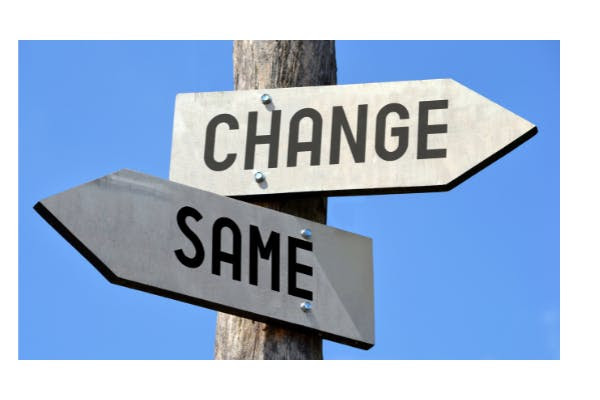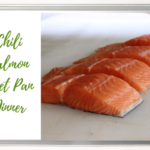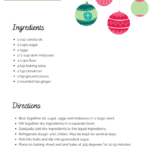Today I’m going to tell you about what I do when people want to manage their weight but aren’t sure they want to change. They made an appointment with me so I know there is something that makes them somewhat uncomfortable. Linda’s story might help you too.
At my first appointment with Linda she blurted out “I know what to do. I just don’t do it.”
“Do you know why?” I asked
“I’m rebellious” she said. “I got tired of watching my diet. Ever since I was a kid my mom was always on me about my weight and how much I ate. Something snapped in me in my 20s. I rebelled and ate and ate.I gained a lot of weight. I didn’t care.”

Now overweight and afflicted with diabetes, she came to me for help. She must have recognized there was a problem, (after all, here she was) but still had the same attitude. How could I help? Here’s what we did:
1. First, we explored why had she made the appointment. What changed?
Generally, people don’t change until their current situation is no longer tolerable.
I never thought I’d be in a personal training class at 5 a.m. but I was getting noticeably weaker and stiff. I value my health and fitness but I didn’t seem to have the time to properly devote to improving it. It bothered me for a long time before I actually changed. I revised my schedule to make the time because it was important for me to change. For some people, a number on the scale or a new diagnosis is the trigger that prompts them to take the first step to making positive changes.
If you aren’t at the point where you’re ready to actually do something, you should think about the pros and cons of taking action. Change requires you to give up something to get the thing you want. Is it worth it to stay where you are?
2. Next, I asked Linda wanted she wanted her life to look like. What was important to her?
3. Finally, we looked at what were the obstacles she needed to overcome to make the changes that would help her reach her “best self.” She realized her rebelliousness only hurt her. She started cutting back on her habit of eating in response to her emotions, e.g. ice-cream if she was sad, donuts as “reward” for a hard day at work. However, there was another thing getting in her way, her misinformation about her diet for diabetes. She, like so many others, thought she should not eat bread, potatoes, rice, pasta or sweets. It was hard to give up her favorites. “Doing the right thing” was just too hard, so she “cheated” and “failed.” These attitudes about putting moral values on certain food and a total misunderstanding of the science of nutrition were her undoing.
Linda had found me because she was scared. Her mother could barely get around and she didn’t want to be like her. She was concerned her weight and diabetes would cause future health problems.
She understood the problems associated with her emotional eating and rebelliousness.
Linda’s top priorities in life were to enjoy her family and see her grandkids grow up. She wanted to be independent, to be able to travel and get around easily.
When she realized that eating healthy was not as hard as she thought, she became motivated and energized. She learned ways to deal with her emotions that did not involve calories.
She felt free and confident as she lost weight and felt good in her clothes.

So to recap, if you know what you should be doing to manage your weight but you aren’t, answer these questions:
1. Why are you not doing what you should? Are you ready to change or are you satisfied with how things are now? Write out the pros and cons to be clear. Could you be suffering from depression?
2. Think about your values. What is important to you?
3. Are you living in line with your values? If not, what is in the way? Is it worth it to change?
Now, if you realize you want to change, I want to work with you in my upcoming small virtual group. I will show you step by step and provide support and accountability so that you can keep moving forward and reach your goals quicker.






Leave a Reply